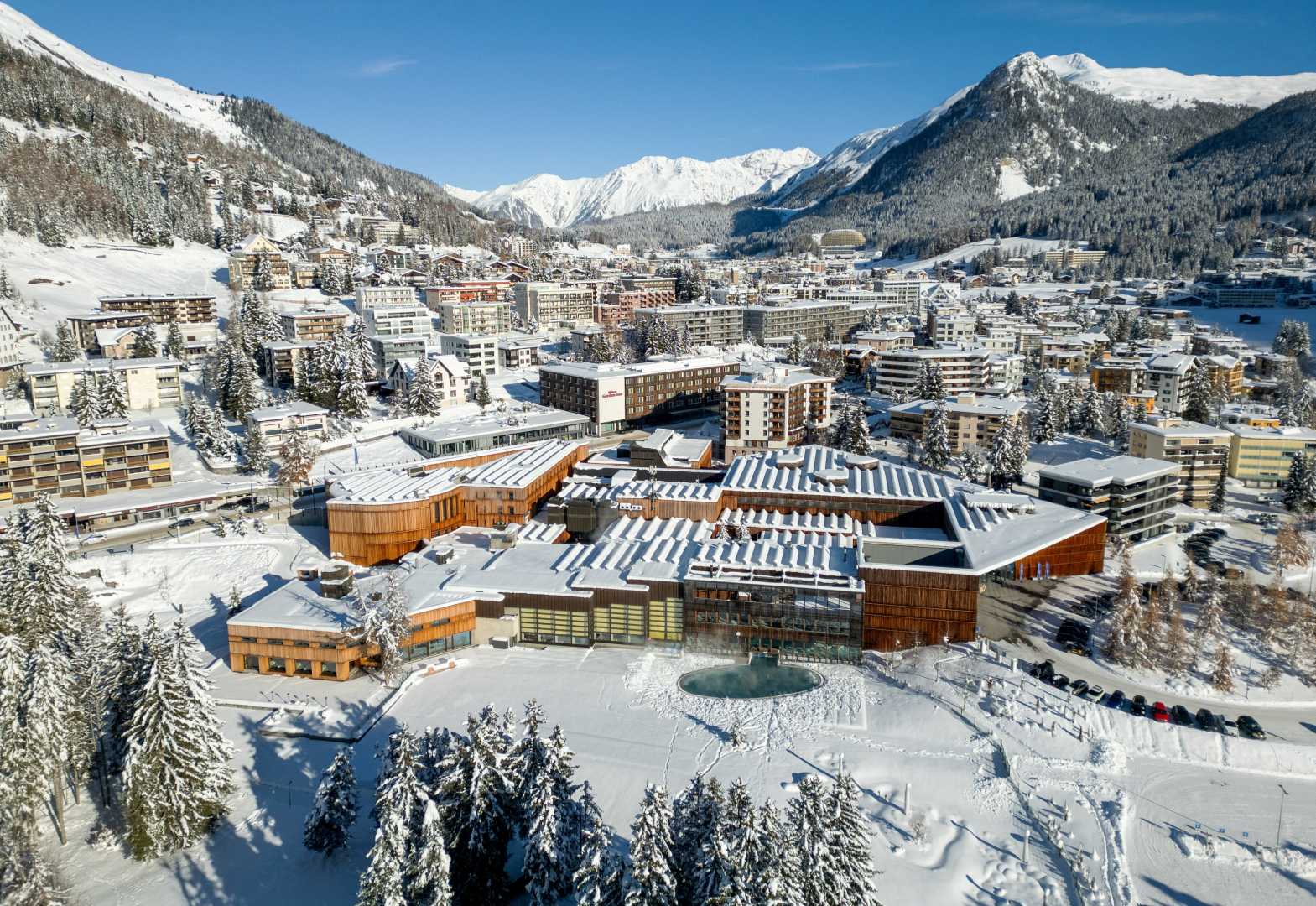World
Davos at a Crossroads: The Future of Globalization in Question

DAVOS, Switzerland — As the World Economic Forum (WEF) convened in Davos this January, the small Alpine town once again became the epicenter of global economic and political discourse. But this year, the gathering of world leaders, CEOs, and activists was overshadowed by a pressing question: Is globalization, the doctrine that has shaped the world economy for decades, on its last legs?
The WEF, founded in 1971 by Klaus Schwab, has long been a symbol of globalization, bringing together the world’s elite to discuss and shape the future of the global economy. However, the 2024 meeting, themed “Rebuilding Trust,” highlighted the fractures in the international order. From geopolitical tensions to economic instability, the challenges facing the world today are more complex than ever.
Davos, a picturesque town in the Swiss canton of Graubünden, has been synonymous with the WEF for over five decades. Known for its stunning landscapes and rich history, Davos has transformed from a tuberculosis sanatorium town to a global hub for economic and political dialogue. But as the world grapples with a “polycrisis”—a term coined by the WEF to describe the interconnected crises of climate change, economic inequality, and geopolitical conflict—the relevance of Davos itself is being questioned.
“The world is more interconnected, yet paradoxically, more divided than ever,” Schwab remarked in his opening address. This sentiment was echoed throughout the forum, as leaders from around the world debated the future of globalization. Colombian President Gustavo Petro noted that the situation has only worsened since the term “polycrisis” was introduced, while Børge Brende, WEF President, acknowledged that the world is “between orders,” with no clear vision of what the new global order will look like.
The forum also saw a notable absence of major world leaders, with only a handful of G7 and BRICS representatives in attendance. Instead, the event was dominated by corporate executives and tech leaders, such as Salesforce CEO Marc Benioff and OpenAI’s Sam Altman. The focus on private-sector solutions to global problems raised questions about the WEF’s ability to address the systemic issues facing the world today.
For the residents of Davos, the WEF is both a blessing and a curse. The annual influx of delegates brings economic benefits, but it also disrupts daily life. Local businesses are forced to close, and the town’s infrastructure is strained to accommodate the thousands of visitors. Jürg Grassl, a leading voice in Davos’s anti-WEF movement, argues that the forum has become an “occupier” of the town, with little regard for its impact on the local community.
As the WEF looks to the future, the question remains: Can it adapt to a world that is increasingly fragmented and distrustful of global institutions? The answer may lie in the ability of the forum to move beyond its traditional role as a convenor of elites and to engage more meaningfully with the broader global community. For now, Davos remains a symbol of globalization, but its future—and the future of the world order it represents—is far from certain.












